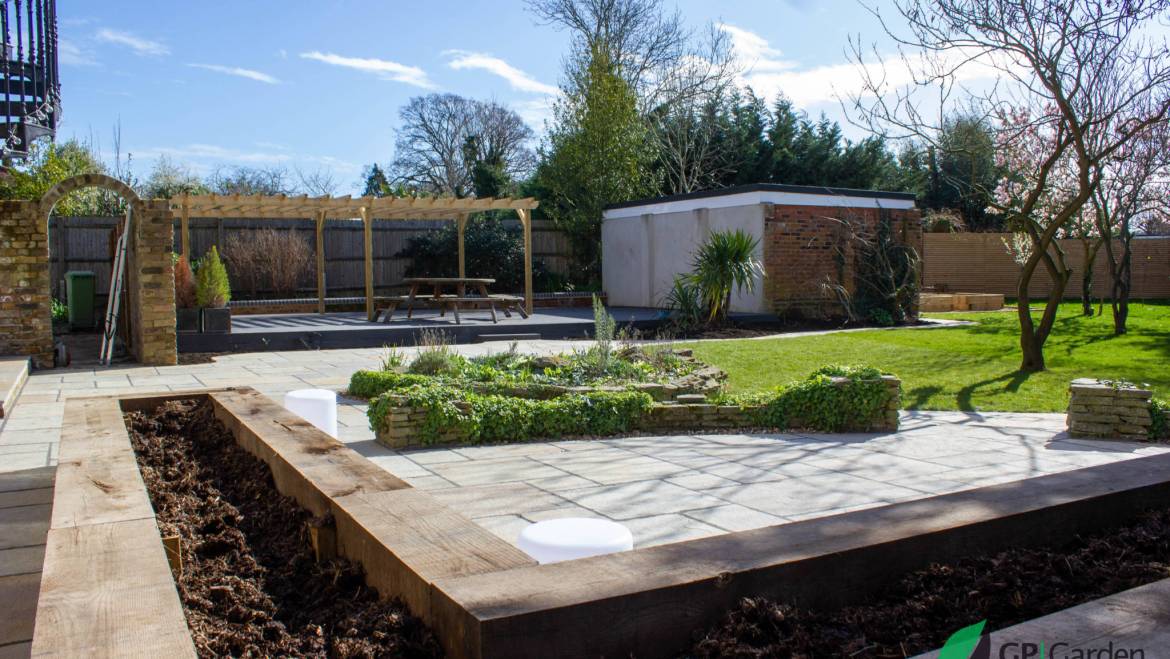With autumn on the horizon, now is the time to deadhead summer flowers, remove faded annuals, and cut back any perennials that have finished blooming. Clearing out dead foliage will keep your flower beds looking neat and reduce the chances of overwintering pests or diseases. Be sure to compost healthy plant material and keep weeds in check, so they don’t take over during the cooler months.
2. Sow Green Manure in Vegetable Plots
September is a good time to sow green manure in empty vegetable beds to help protect and enrich the soil. Green manures, such as field beans, clover, or winter rye, prevent soil erosion, suppress weeds, and add valuable nutrients to the soil. These crops can be dug into the soil in spring, improving its structure and fertility for next year’s planting.
3. Divide Overgrown Perennials
Many perennials benefit from being divided in early autumn, which allows them to establish before winter. In the UK, plants like irises, hostas, and asters can be dug up, split into smaller clumps, and replanted around the garden. Dividing perennials prevents overcrowding, encourages better flowering, and gives you an opportunity to expand your planting areas with plants you already love.
4. Harvest and Preserve Late-Summer Crops
In September, late-summer crops are in abundance in UK gardens. Make the most of the season by harvesting tomatoes, courgettes, runner beans, and apples. Check crops daily, as they can ripen quickly, and remember to store any surplus in a cool, dry place. Herbs such as parsley, mint, and chives can also be cut and dried or frozen for use over the winter.
5. Start Planting Spring Bulbs
September is the ideal month to plant spring-flowering bulbs such as daffodils, crocuses, and snowdrops. Planting bulbs in September allows them to establish roots in the soil before the first frost, ensuring a vibrant display in spring. In the UK climate, bulbs should be planted at a depth about three times their height in well-drained soil to protect them from winter weather. By following these tips, UK gardeners can keep their gardens vibrant through early autumn while preparing for the colder months ahead. At GP Garden Services, we’re here to help you with all your seasonal gardening needs, from tidying up beds to preparing your garden for a beautiful start in spring so contact us.


